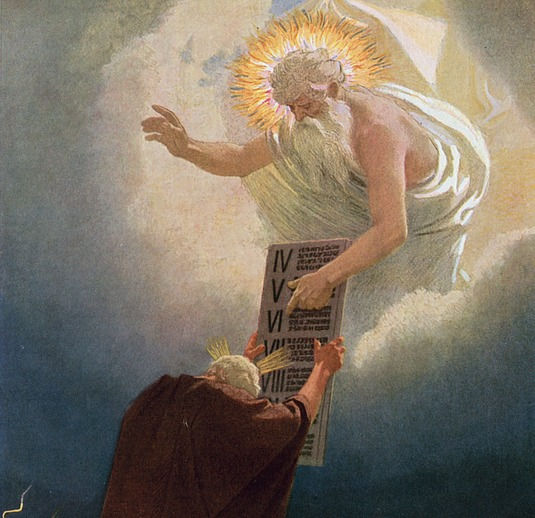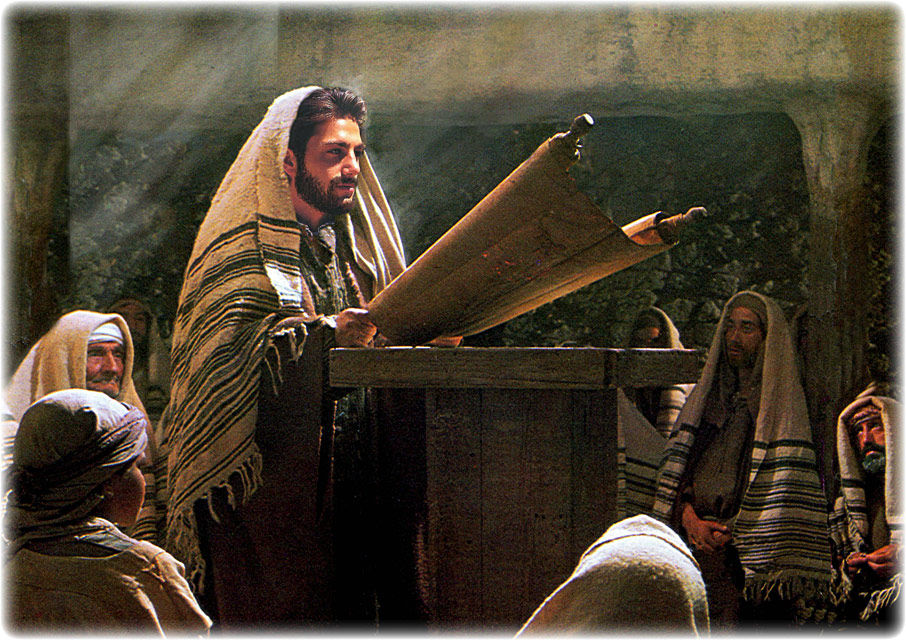Roots and Wings
- Charles
- 11 févr. 2023
- 4 min de lecture
Reflections for the Sixth Sunday in Ordinary Time (Sirach 15:15-20, 1 Corinthians 2:6-10 & Matthew 5:17-37)
In addition to the moving obituaries, testimonies, and inspirational articles that were penned on Pope Emeritus Benedict XVI after his passing away on 31st December 2022, there was also the unfortunate revitalisation of an old debate on categories: the conservatives, the progressives, the liberals. “The death of Pope Benedict removes a problem for liberal Catholics: But the battle over the church’s future goes on”, read the headlines of The Economist (2nd January 2023). Forcing labels such as "liberal", "conservative", or even "moderate" on the Church is, in a way, reducing the Church's public discourse to a mere extension of a political narrative that is predominantly North American and West European. People (popes being no exception) are pigeonholed into caricatural ‘binary’ categories without much consideration for the complexity of the issues at hand or for people's opinions, views, and experiences.
The Latin word conservare means “to preserve” and therefore the label ‘conservatives’ is applied to people who are assumed to be sceptical of anything new! They are apparently those who resist any change; prefer things to remain as they are; and intend to preserve the past, the status quo and the order of the day. On the other hand, the labels ‘liberals’ or ‘progressives’ are applied to those who are generally assumed to be sceptical of anything old! These are supposed to be Catholics who want everything to change; destroy the past and the existing order; and rebuild something that is radically different from the old. Someone summarised this debate with an image: while the conservatives seem to be obsessed with the ‘roots’, the liberals are often fascinated by the ‘wings’!

German poet, scientist, and statesman Johann Wolfgang von Goethe said, “There are only two lasting bequests we can hope to give our children: one of these is roots, the other, wings”. How do we achieve this balance between the ‘roots’ and the ‘wings’ in our Church? The readings of this Sunday provide an interesting entry point: “Do not think that I have come to abolish the law or the prophets. I have come not to abolish but to fulfill”. Jesus did not come to abrogate, annul, or repeal (original word καταλυσαι) the law and the prophets but to fulfil them and bring them to fruition and completion (original word πληρῶσαι). Growth, progress, and innovation, for Jesus, are not the destruction of the old or the rejection of the new. While the old is not destroyed in the new, it does embrace change and is elevated to a new level.
The ‘laws’ of the Old Testament were not merely some moral principles or principles of social living. They formed the identity of the chosen people of God. In the Hebrew tradition, the Sinaiatic Law (given to Moses on Mt Sinai) was considered to be more sanctified than the other two parts of the Hebrew canon (the Prophets and the Writings). Today’s first reading categorically states, “If you choose you can keep the commandments, they will save you”. The responsorial psalm again insists, “Blessed are they who follow the law of the Lord!”. The Gospel again states, “until heaven and earth pass away, not the smallest letter or the smallest part of a letter will pass from the law”.

The coming of the new covenant in Jesus does not render the old covenant obsolete or outdated but it transforms it into something radically new! The scene of the transfiguration provides us with beautiful imagery of this truth: “When the voice had spoken, they found that Jesus was alone” (Luke 9:36). At the end of the transfiguration, Moses and Elijah disappear and only Jesus was to be found there. What does this mean? Moses represents the law for he received the decalogue and Elijah represents the Prophets for he was the prophet expected to return during the End of times (Malachi 3:1). In Jesus, the Law and the Prophets do not get abolished. They reach a new level of fulfilment. That is why we still have the Old Testament as an integral part of our scripture.

The strength of a tree depends on the depth of the roots. The roots of the Church (traditions, history, doctrines, etc.,) give us the strength to withstand the test of time. The roots provide nourishment too. We have to constantly reconnect to our roots to be properly guided and motivated in our mission for our future. Just as much as the roots are important, we also need wings to fly. Our roots cannot keep us prisoners of our past. Rooted as we are, we need to fly high, experience newness, widen our horizons, broaden our visions, and include collaborators and opinions of other people.
Wings widen our vision, elevate us and help us to soar up higher. “Do not kill”, says the law. Do not even get angry, says Jesus. “Do not commit adultery”, says the law. Do not even objectify another human person, says Jesus. The letter of the law (our roots) widens and soars up with Jesus’ focus on the spirit of the law (our wings). When we soar high, we get a wider vision of our life and mission as disciples. We need to welcome new experiences, embrace new thoughts, new ways of doing things, etc., Wings erase boundaries. The skies are not defined by human boundaries. Our wings help us to transcend our differences, overcome simplistic binary categories, build bridges, and join hands with others in our common mission. Let us ask the Lord for these two gifts: roots and wings!




Commentaires